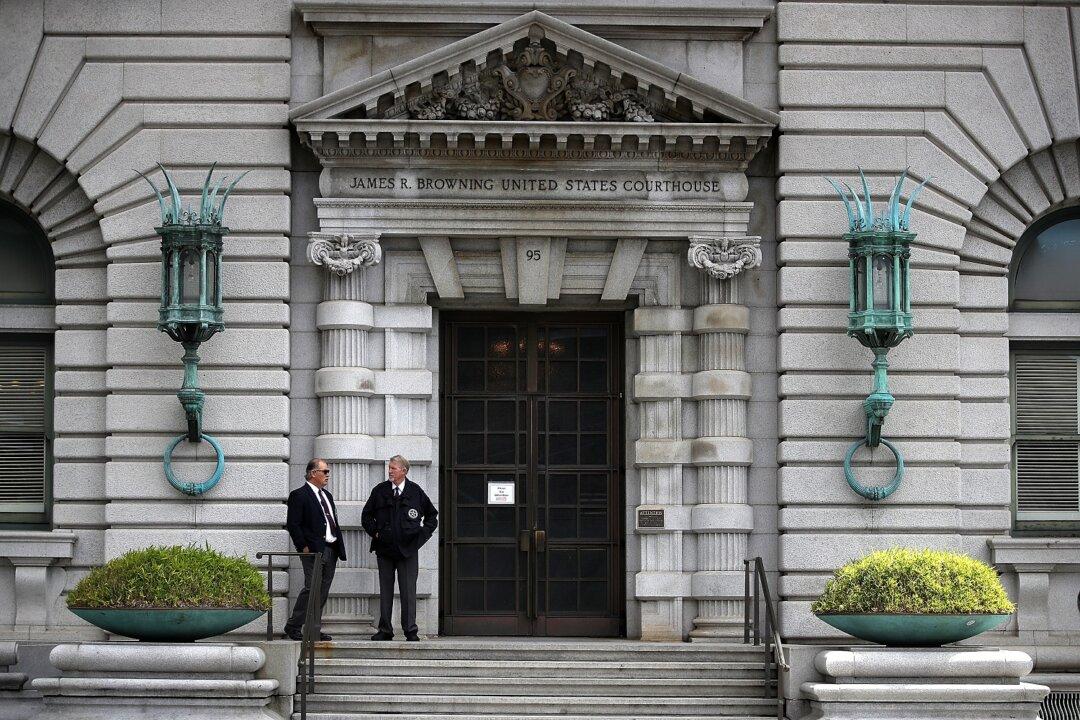President Donald Trump has an opportunity to breathe conservative air into the halls of the notoriously left-leaning Ninth Circuit Federal Court of Appeals. But the job may prove challenging.
Trump has run into his share of problems with the court, which, among other things, blocked his executive order to pause immigration from terrorism- and war-stricken countries. The order was reinstated by the Supreme Court, but not before significant delays.





